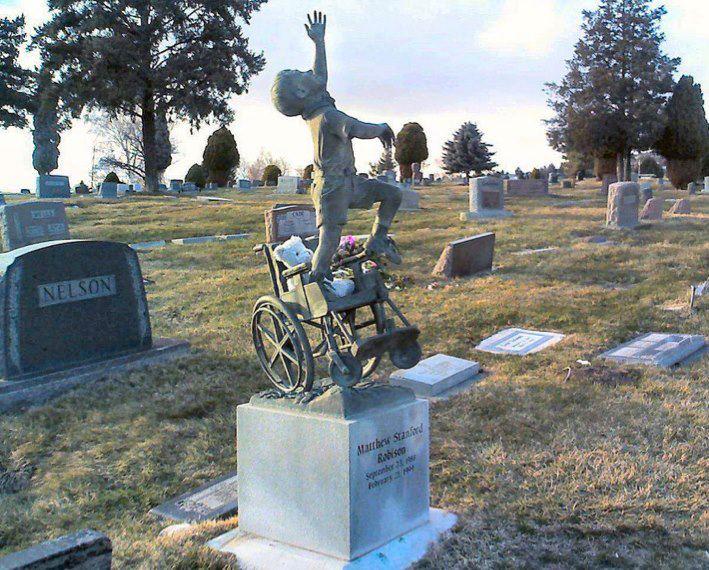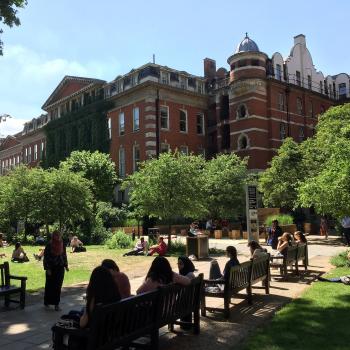
Elisabeth Kübler-Ross (1926-2004), the famous Swiss-American physician, psychiatrist, and author of, among many other things, the pioneering 1969 book On Death and Dying, was very well-known and quite influential during her lifetime — not for her views on life after death but for her study of the dying process, which led to new thinking in the health care profession about how to treat terminally ill patients. But she believed strongly in life beyond the grave. In fact, based on her work with dying patients, she said that she knew. She didn’t merely believe.
I’m going to be extracting some materials from Elisabeth Kübler-Ross, On Life after Death (Berkeley and Toronto: Celestial Arts, 2008):
We have studied twenty thousand cases of people all over the world who had been declared clinically dead and who later returned to life. Some awoke quite naturally, others through reanimation.
I want to sum up briefly what every human being is going to experience at the moment of death. This experience is the same for everyone regardless of whether you are an Aboriginal of Australia, a Hindu, a Moslem, a Christian, or an unbeliever. In the same way, this experience doesn’t depend on age or economic status. Dying is a human process in the same way that being born is a normal and all-human process.
The dying experience is almost identical to the experience at birth. It is birth into a different existence which can be proven quite simply. For thousands of years you were made to “believe” in the things concerning the beyond. But for me, it is no longer a matter of belief, but rather a matter of knowing. And I am prepared to tell you how you can obtain this knowledge, provided you really want to know. If you are not interested in knowing about it, it doesn’t make any difference because once you have died you will know it anyway. (2-3)
It has even occurred that people could recall the exact license plate number of the car that ran into them, and the driver who decided to take off. Scientifically, it is not explainable that someone who does not have brain waves could read a license plate number. (From the scientists, humility is demanded!) (5)
Those of my patients suffering from multiple sclerosis, being able to move only in a wheelchair and having trouble uttering a sentence, tell me full of joy after they return from a near-death experience: “Doctor Ross, I could dance again.” (6)












